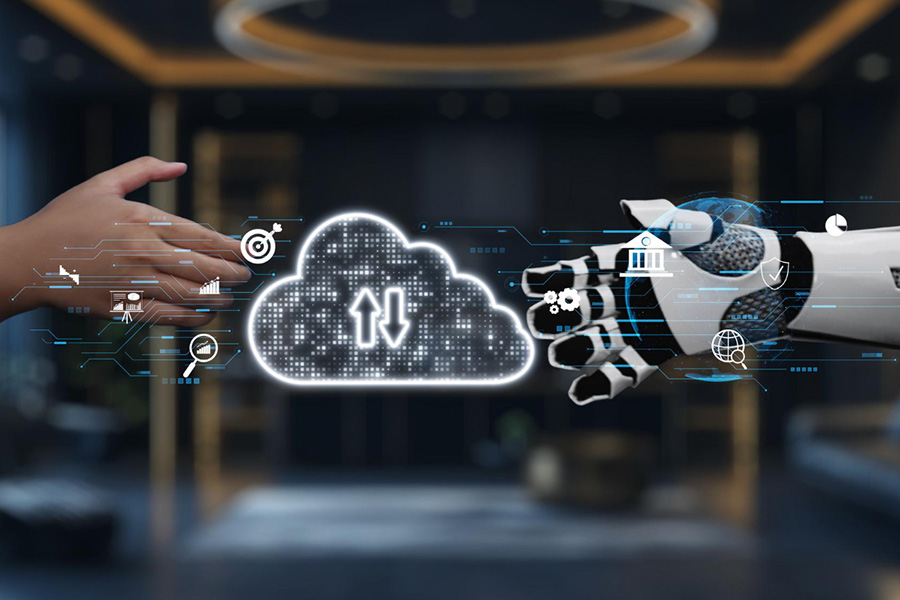
Cloud-based RPA boosts efficiency and scalability, but poses security, compliance, and integration challenges for businesses.
Authors
Sandeep Kumar Singh, Associate Professor, Jindal Global Business School, O.P. Jindal Global University, India
Rohit, College of Healthcare, Management, and Economics, UAE
Ajay Chandel, Lovely Professional University, India
Tanupriya Choudhury, University of Petroleum and Energy Studies (UPES), India
Summary
The integration of cloud computing with Robotic Process Automation (RPA) changes the very course of the way business is conducted, bringing about improvements in business operations efficiency, scalability, and adaptability. This chapter introduces the reader to the architecture of cloud- based RPA and discusses its benefits: that is, a lowered cost of operations and rapid deployments. Discussions include the rise of cloud- native RPA platforms and tools, as well as the importance placed on security and compliance in the cloud environment. On the other side, the chapter also analyses other issues and limitations organizations may face when implementing cloud- enabled RPA, including issues with data privacy and integration complexity among others. Outlook on cloud- enabled RPA is also reviewed in terms of implications for business and the workforce. Based on this, this chapter is specifically looking at various considerations in enabling insight into the means through which organizations can transform their processes through cloud- enabled RPA while propelling innovation into the future.
Published in: Intelligent Robotic Process Automation: Development, Vulnerability and Applications
To read the full chapter, please click here.

